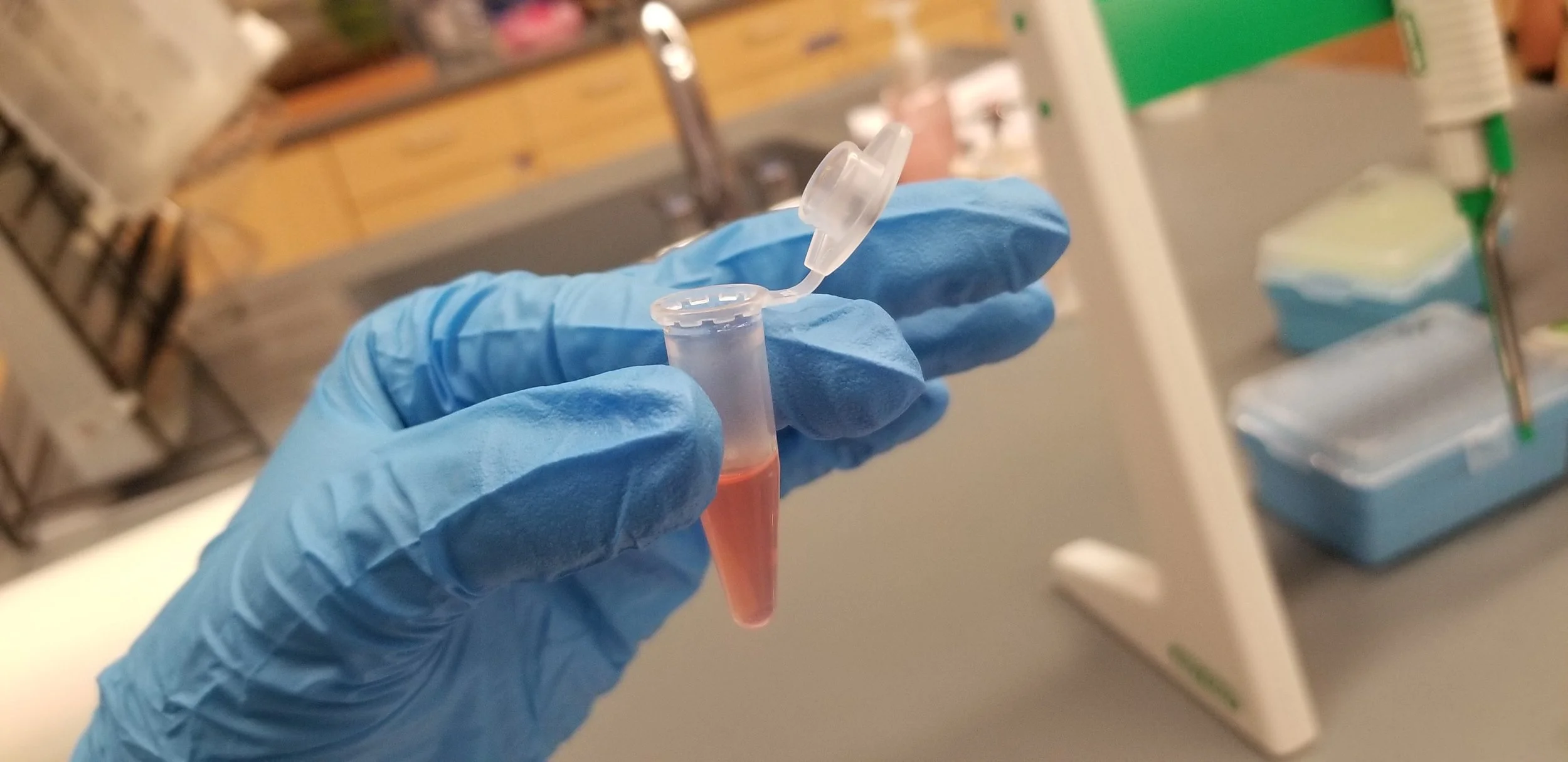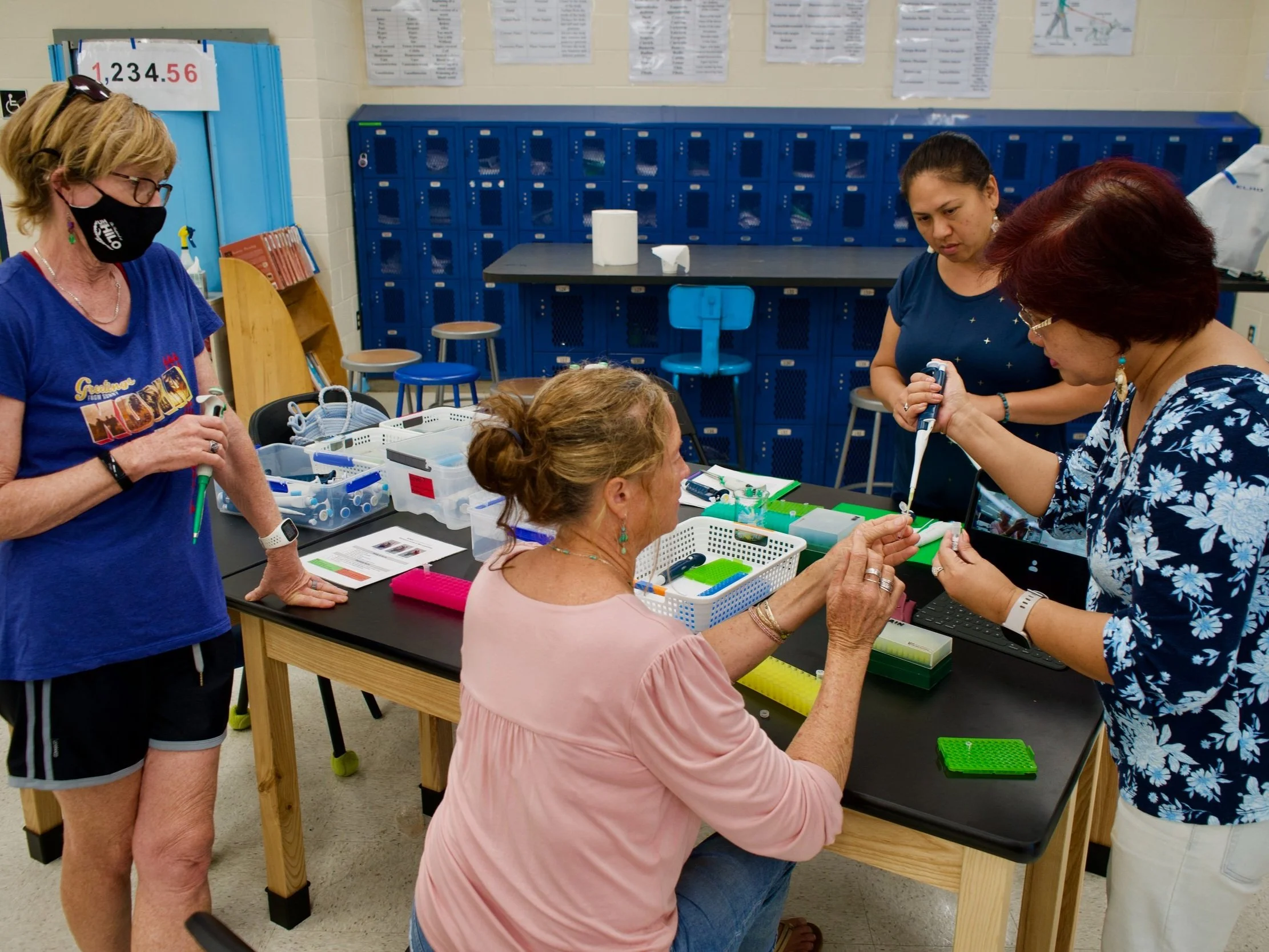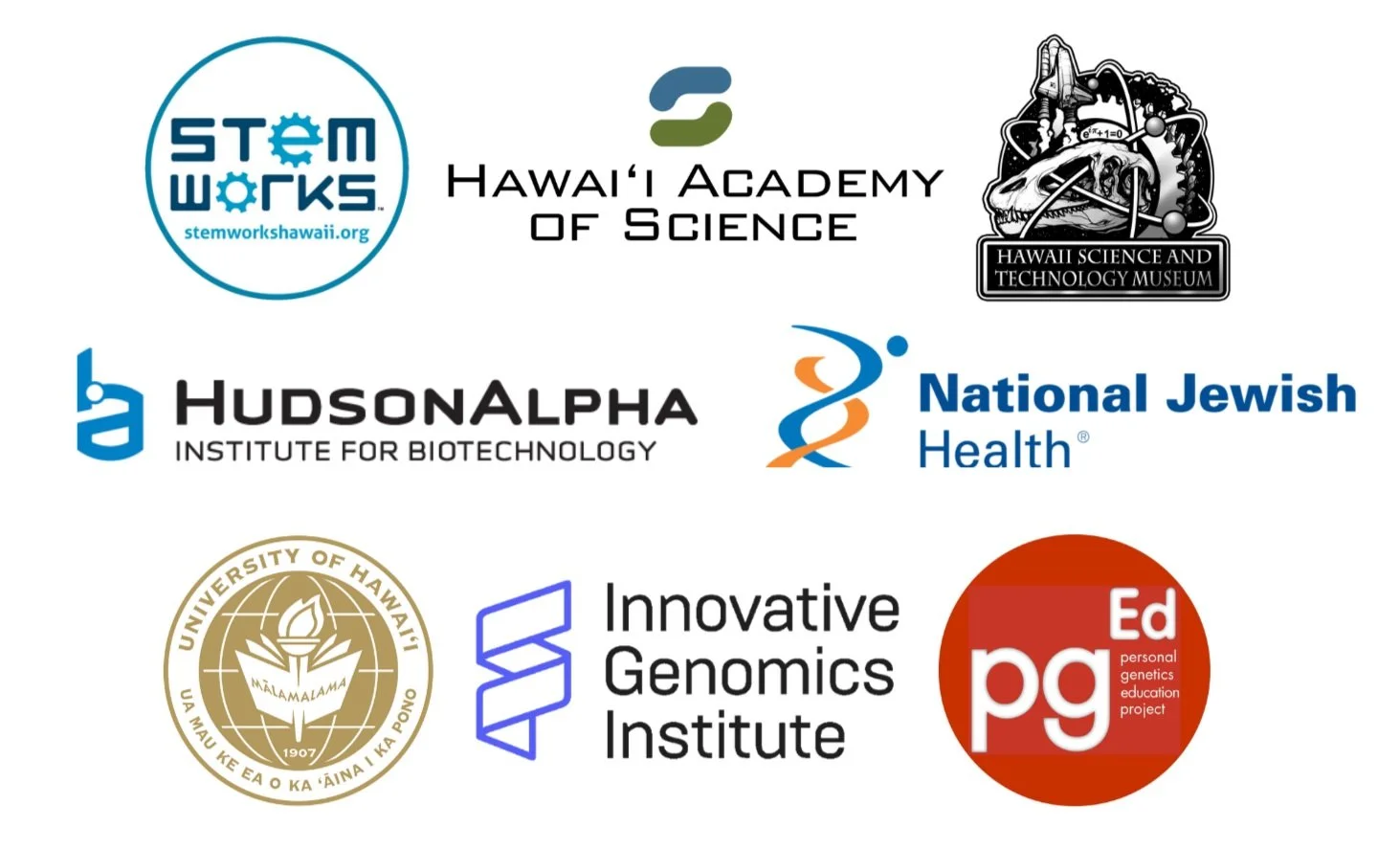What can genetics, genomics and data science teach us about the land which sustains us? The ʻĀina-Informatics Network is an initiative based at ʻIolani School which has been designed to bring genome science into our local high school classrooms. Our program’s objective is to develop place-based curricula for ethical genome science that centers on Hawaiʻi’s unique relationships to ‘āina, all while generating real data via a community science approach. This growing network consists of high school science teachers from both public and private schools across Hawaiʻi.
For more information, please email us or register your interest via our Mobile Lab application.
MOBILE SEQUENCING LAB
The ʻĀina-Informatics mobile sequencing lab is capable of running DNA extraction, PCR, gel electrophoresis and Nanopore MinION sequencing labs in virtually any classroom. As a network, we are developing labs which employ these technologies to address questions of food security, indigenous practices and local biodiversity through a citizen science approach. Our mobile lab equipment inventory (including reagents) is made available to ‘Āina-Informatics Network teachers - this includes micropipettes, PCR thermocyclers, electrophoresis equipment, centrifuges and more. In addition, we provide the computer, sequencer, flow cells and library preparation kits required to run MinION third-generation sequencing in the classroom.
GENOME SCIENCE CURRICULUM
What does a place-based genome science curriculum look like? How can educators use hands-on genetics and genomics education to address real questions about our ʻāina, our food, our islands’ biodiversity and our health? We continue to develop lab curricula which provide authentic research opportunities to Hawaiʻi students while teaching basic and advanced genome science techniques. Using a community science model, students can see how their contributions connect across schools in order to resolve a clearer picture of our islands and our communities.
See Lab Curriculum for details on labs, lessons, pacing and equipment requirements.
BIOETHICS CURRICULUM
At a time when biotechnology has the capability of altering long-standing relationships between kanaka and ‘āina, what are the critical questions that will guide our future scientists towards pono research approaches? Drawing from interdisciplinary sources - from classical ethics to modern genomics - our place-based bioethics curriculum aims to simultaneously address the ethical, legal and societal implications of emerging genomics technologies at the point where students first encounter them in the classroom.
See Bioethics in Genetics for more information, resources and curriculum.
Professional development for teachers
As a network, we strive to ensure that local teachers who are interested in accessing genetics and genomics teaching tools are able to learn new technologies and apply them toward place-based questions. We are also engaging educators in developing best practices for bioethics education in the science classroom that is inclusive of Kanaka Maoli and Indigenous perspectives.
Teacher workshops
We invite local teachers to join us at one of our many hands-on genome science workshops throughout the school year.
See Events to learn more about upcoming training opportunities.
Fellows Cohort
Our Fellows Cohorts are for teachers interested in personalized training to develop their own genome science projects with generous equipment support.
See Fellows to learn more about this unique program.
The ʻĀina-Informatics Network
ʻĀina-Informatics represents a growing number of public, private and public charter schools in Hawaiʻi, and we are continually expanding our network classroom by classroom, teacher to teacher. If you are interested in joining our hui, please email us.
Institutional partners
PROGRAM SPONSORS
Hawai’i Dental Service
Edward E. Ford Foundation
Governor’s Emergency Education Relief Fund
Maurice and Joanna Sullivan Family Foundation
ABC Stores
John and Sue Dean
Public Schools of Hawaiʻi Foundation
Grove Farm
…and many generous individuals
‘Āina-Informatics is based in the Wet Lab at the Sullivan Center for Innovation and Leadership at ‘Iolani School, a community space for young science learners.










